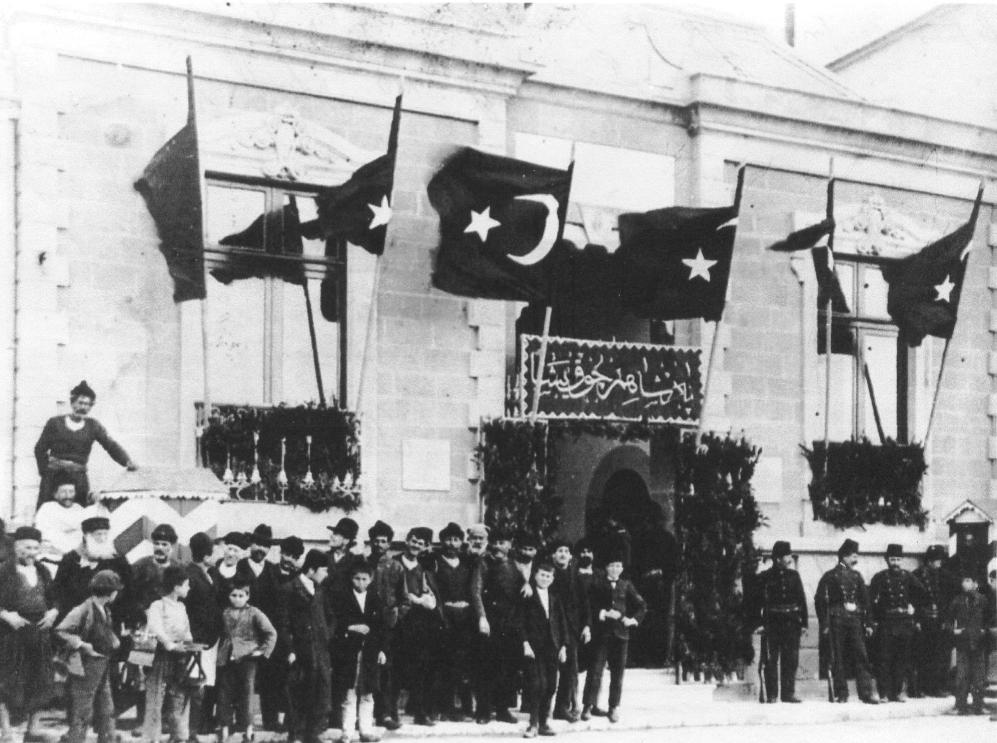Why Turkish flag holds deep significance for Turks?
 An aerial view of children performing during the 101st Anniversary of the Turkish Republic Day at the City Stadium in Tekirdag, Türkiye, October 29, 2024. (AA Photo)
An aerial view of children performing during the 101st Anniversary of the Turkish Republic Day at the City Stadium in Tekirdag, Türkiye, October 29, 2024. (AA Photo)
For Turks, the national flag is more than just a piece of fabric—it is a powerful symbol of history, identity, and sovereignty. Unlike many other nations, the Turkish people have an extraordinary emotional connection to their flag, rooted in centuries of struggle, unity and sacrifice.
The Turkish flag, featuring a red background with a white star and crescent, is a powerful symbol of Türkiye’s history, identity, and sovereignty.
Rooted in the Ottoman Empire and officially standardized in 1936, its design has remained a source of national pride. Protected by law, the flag’s usage is strictly regulated, reflecting its deep significance. With its striking red hue symbolizing sacrifice and resilience, the Turkish flag remains a timeless emblem of unity and patriotism.

Legacy of independence and resistance
The importance of the Turkish flag is deeply tied to the country’s long history of independence. From the Ottoman Empire to the Republic of Türkiye, the flag has been a symbol of national pride and resistance.
During the Turkish War of Independence, it represented the collective will of a nation determined to reclaim its freedom. Today, it remains a reminder of the sacrifices made to preserve Türkiye’s sovereignty.

Honoring martyrs: Blood connection
One of the most profound aspects of the Turkish flag’s significance is the belief that its red color represents the blood of martyrs who died for the homeland. This perspective transforms the flag into a sacred national emblem, respected and cherished by all segments of society.
The crescent and star, historical symbols of Turkish identity, further reinforce its spiritual and cultural meaning.

Unifying force in society
The Turkish flag serves as a unifying force, bringing together people from diverse backgrounds with a shared national identity. Whether displayed during national celebrations, sports events, or military commemorations, it embodies the collective spirit of the Turkish people.
The strong emotional attachment to the flag is evident in laws that strictly regulate its use and protect it from any form of disrespect.

Turkish flag national pride in daily life
In Türkiye, the flag is omnipresent. It is proudly displayed in homes, businesses and public spaces, reflecting the nation’s deep sense of patriotism. National holidays such as Republic Day and Victory Day witness a sea of red and white as millions wave the flag in celebration.
The Turkish flag is not just a national symbol—it is a testament to the country’s resilience, unity, and unwavering spirit. For Turks, it represents more than just the past; it is a beacon of hope for the future.



